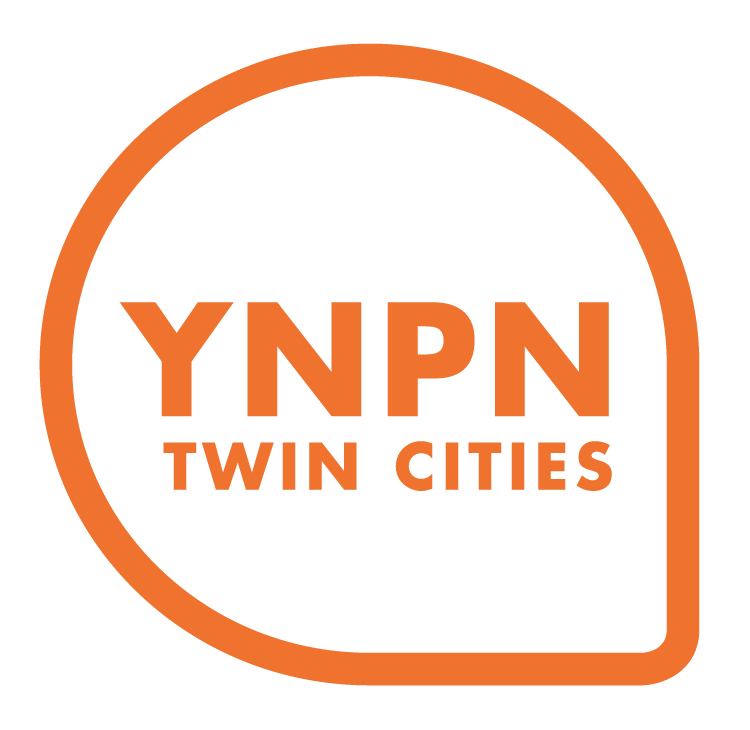What I Learned in My Transition From a Small Nonprofit to a Huge Organization
by Amanda Idinge
In July of this year, I was recruited (yes, recruited!) to join a nonprofit organization of 3,000+ employees. When I saw the new direct message in my LinkedIn inbox, my brain could not compute. Nonprofits can’t possibly have recruiters, right? This must be spam.
But no, it was not spam. It was a real-life human who wanted to talk to me on the phone about a new position she thought I would be a great fit for after stalking my LinkedIn profile. After I wrapped my head around the idea, I was thrilled, of course. Who wouldn’t be flattered by that kind of outreach? I had never been reached out to about a new role in my years in the nonprofit sector, and it seemed unlikely that I ever would. After all, it is only my friends in accounting or finance or tech who are being recruited.
But here I was on a 15-minute introductory phone call with a recruiter for a large, national nonprofit organization. During that phone call, she told me about the organization, the role, salary, benefits, and all. She wanted me to feel confident about this information before I considered applying. She answered all of my questions and even walked me through the application process.
I decided to apply for the role, went through a few rounds of interviews, and was formally offered the position by the same recruiter who initially reached out to me.
I couldn’t believe it. I thought I would work at small nonprofits for many years, if not for my entire career. My college involvement, internships, and full-time jobs have all been with small nonprofits. The smallest had just four full-time employees! So why would I expect to ever work for a larger organization?
But here I was. And boy did I feel like a fish out of water. I mean, how the heck do you use Salesforce anyway? I’m not in sales! But even though I may have felt out of my natural habitat in the beginning (and still occasionally), I learned so much during my transition from a small to a large organization.
At larger organizations, things seem extremely “corporate.” Instead of meeting with one employee who serves as HR and CFO and office manager all rolled together, I submitted forms online and went through multiple very formal processes to get started. Instead of stopping by the desk of a coworker who is the most IT savvy, I submit cases to the IT team and waited to be served.
I’ve had to learn to search for answers in many places and on many platforms. The answer isn’t readily available, maybe it’s in SharePoint? Or saved in a chat in Microsoft Teams? Or in the shared drive?
At the same time, there are also many people who can support you. Whereas I used to run events from start to finish by myself, I have a team to lean on to help me with contracts, pulling past event reports, and more. Even if it feels like I’ll never find the answer to something, after searching in the many places and many platforms listed above, someone will know the answer and be happy to help.
There are also many more opportunities for networking, and personal and professional growth. Larger organizations have a larger budget dedicated to sending employees to conferences, allowing them to join professional groups, and paying for additional learning opportunities.
There are many more differences I could write about, but even knowing them in advance doesn’t necessarily prepare you for how to handle them. But there are a few key things to keep in mind that may help.
Like during many changes in life, keeping an open mind will give you a leg up, as well as acknowledging that you may not know much in the beginning or everything in a few weeks or months. Give yourself grace, just as your new coworkers will. And know you are not alone. Lean on other new employees who started around the same time. It may make you more comfortable to ask them before a colleague who has been at the organization for a while. Everyone learns information at different times and speeds, so they may have picked up on the answer. It’s always worth an ask!
Take your time. With each task, realize it is going to take you longer than you’d like it to. It’s okay that searching Salesforce for someone’s contact information takes you 15 minutes when you wish it took you five. Take your time learning how to go through the motions now, and it will benefit you months down the road when you move at a more efficient speed.
At the end of the day, there is going to be a learning curve with any job change. And this transition seemed to be such a big deal when it was first staring me in the face. But being a few months into my new role now, I look back at my past self and wish she had taken a deep breath and felt more confident that it would all come together in the end. Because it sure has.
- Amanda Idinge -


